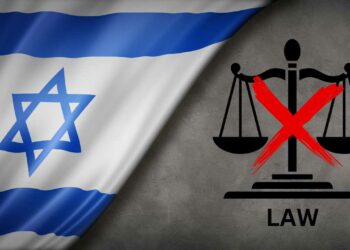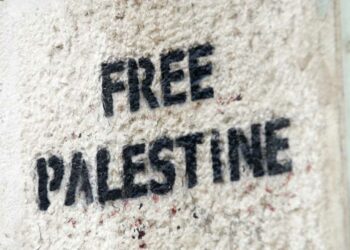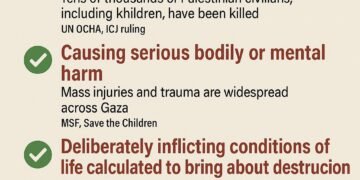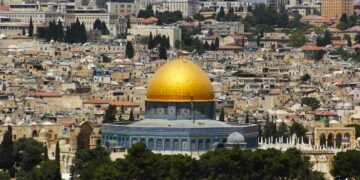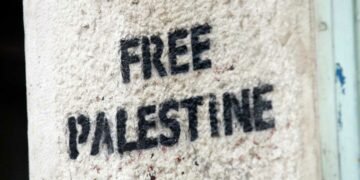Historical Claims:
Both Jews and Arabs claim historical ties to the region known today as Israel and the Palestinian territories. Jews trace their roots back to the biblical kingdoms of David and Solomon, while Palestinians trace their lineage to the Canaanites and other ancient peoples.
Religious Significance:
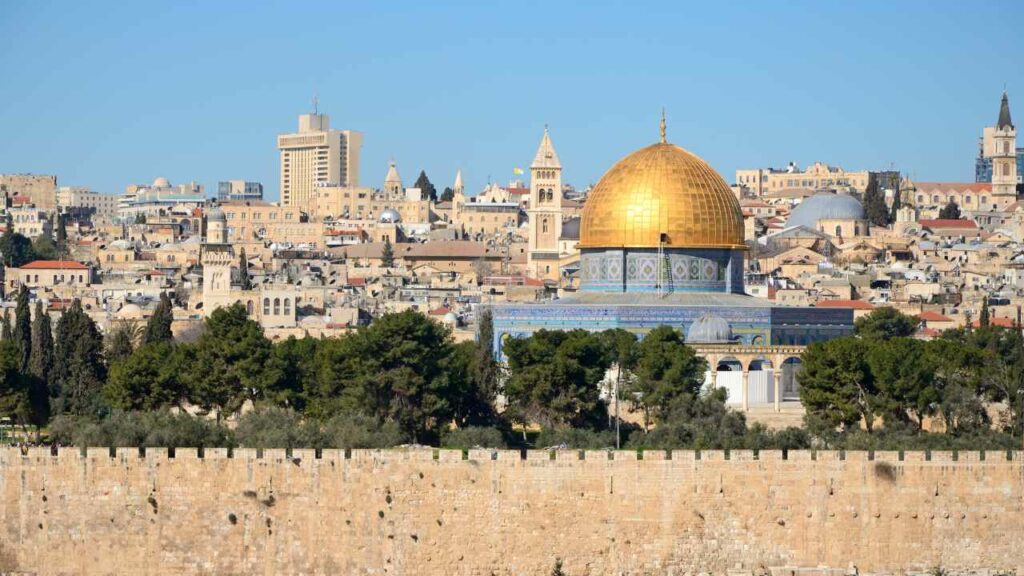
Jerusalem, a city within the region, holds immense religious significance for Jews, Muslims, and Christians. The Western Wall, Al-Aqsa Mosque, and the Church of the Holy Sepulchre are all located here, making the city a focal point of the conflict.
Zionist Movement:
In the late 19th and early 20th centuries, the Zionist movement sought to establish a national homeland for Jews in Palestine. This led to increased Jewish immigration to the region.
British Mandate:
After World War I, the League of Nations granted Britain the mandate to govern Palestine. The Balfour Declaration, issued by Britain in 1917, supported the establishment of a “national home for the Jewish people” in Palestine, leading to tensions between Jews and Arabs.
UN Partition Plan:
In 1947, the United Nations proposed a plan to partition Palestine into separate Jewish and Arab states, with Jerusalem under international administration. The Jewish leadership accepted the plan, but the Arab leadership did not.
Creation of Israel:
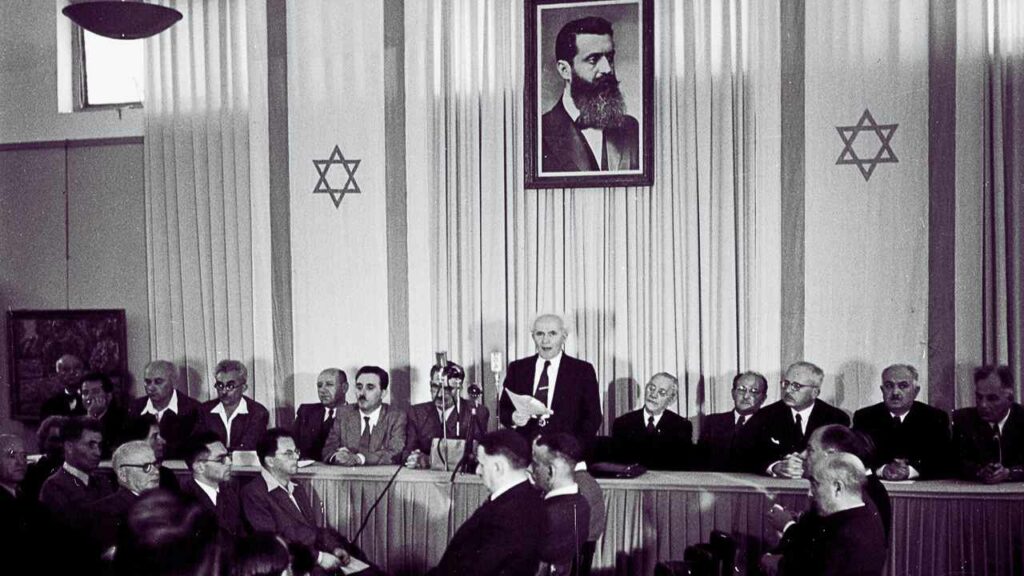
In 1948, the State of Israel was declared. This led to the first Arab-Israeli war, with neighboring Arab states invading Israel. The war ended with armistice lines, often referred to as the Green Line.
Territorial Disputes:
Wars in 1956, 1967, 1973, and other skirmishes led to changes in territorial control, with Israel capturing areas like the West Bank, Gaza Strip, and East Jerusalem. These territories are still points of contention today.
Palestinian Refugees:
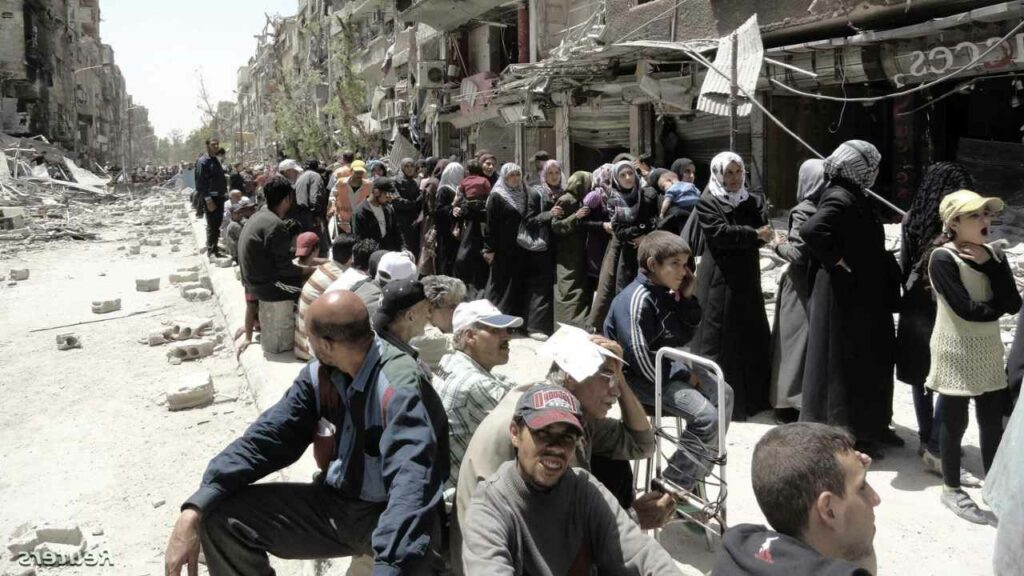
The wars led to the displacement of a large number of Palestinians, who became refugees. The right of return for these refugees is a major point of dispute.
Settlements:
Israel’s establishment of settlements in the West Bank and East Jerusalem is seen by Palestinians as an occupation of their land and is considered illegal under international law, though Israel disputes this.
Security Concerns:
Due to historical conflicts, both sides have deep-seated security concerns. Israel cites the need to protect its citizens from attacks, while Palestinians seek protection from Israeli military actions.

